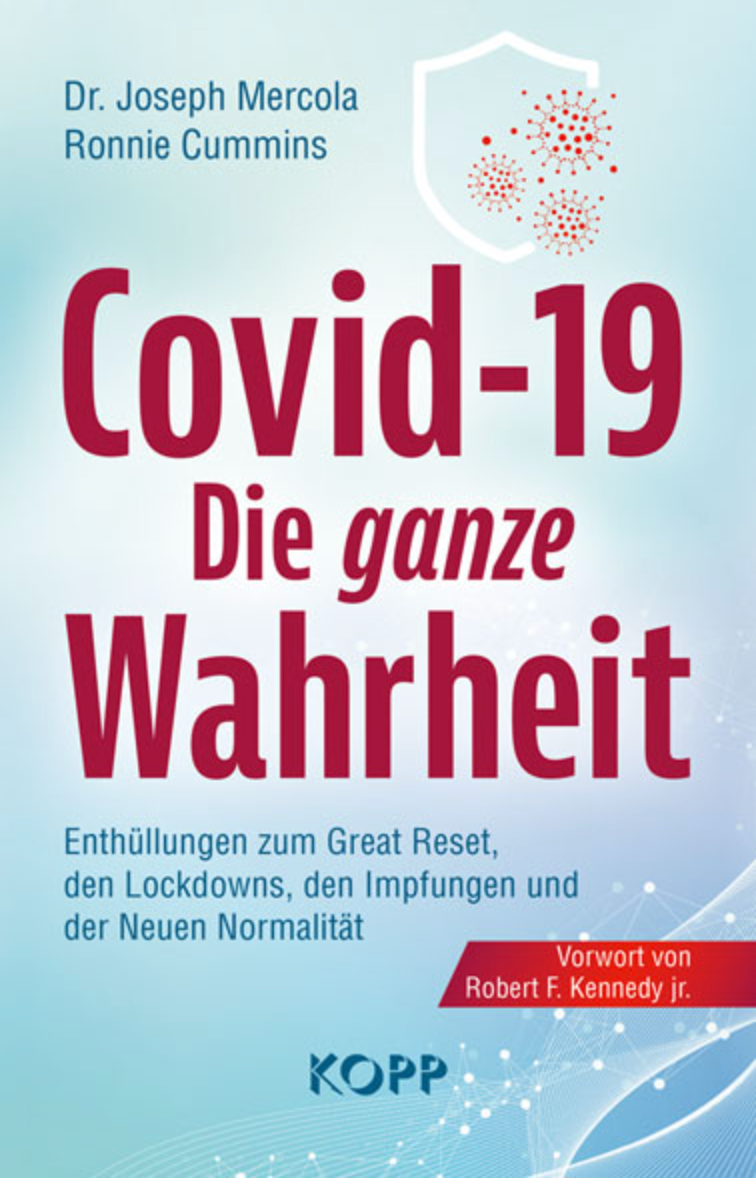It's a turning point in American health policy: Robert F. Kennedy Jr., Donald Trump's surprise choice for the Department of Health and Human Services, could be the man who finally frees America from its toxic relationship with processed junk food. And it's high time.
While the food industry lobbyists nervously turn their thumbscrews in their air-conditioned Washington offices, the frightening truth has long been on the table: Over 40 percent of adult Americans are morbidly obese. The diabetes epidemic is eating through all levels of society, and today's children will be the first generation to have a shorter life expectancy than their parents. The American Dream is turning into an obesity nightmare.
Kennedy, who has already made a name for himself as a consumer protection lawyer, doesn't mince his words: "We are being systematically poisoned by Big Pharma and Big Food." What has long been banned in other countries still ends up on plates unfiltered in the USA : Neurotoxic pesticides, questionable dyes like Yellow 5, inflammatory plant oils – the list is long and worrying.
“Make America Healthy Again” (MAHA) is more than just a clever slogan. It is a comprehensive reform program designed to curb the power of food companies and give Americans back their health. In videos that have gone viral, Kennedy shows what's really in Doritos, Cap'n Crunch and Co. His message: Anything that has to carry warning labels in the EU should not be allowed to be sold without hesitation in the USA.
The food lobby, represented by heavyweights like PepsiCo, Kellogg's and McDonald's, is already going strong. Secret strategy meetings feverishly search for ways to water down Kennedy's agenda. But this time things could be different than with the first Trump cabinet, which danced to the tune of the industry. The zeitgeist has changed. A new generation of conservative voices, led by podcast king Joe Rogan, have discovered the topic of nutrition. Even hardline Republicans like Senators Ron Johnson and Ted Cruz are now publicly supporting criticism of industrial food production. The scientific evidence is overwhelming: our highly processed diets are making us sick.
Kennedy's successes speak for themselves. As part of the legal team that sued pesticide manufacturer Monsanto over the carcinogenic effects of glyphosate, he won a groundbreaking $290 million verdict. His expertise in detecting substances hazardous to health is undisputed.
The lobbyists are now relying on attrition tactics. “If Kennedy tackles twenty different things at the same time, his chances of success are limited,” calculates Ken Barbic of the lobby group Invariant. But don't you underestimate the dynamics of the movement? The young male electorate, traditionally the fast food industry's core target group, has swung to Trump and his health care agenda by 30 percentage points.
Even Bernie Sanders, arguably the most left-wing senator, and outgoing Biden officials support calls for a revision of the dietary guidelines. The FDA is already planning stricter limits on saturated fats, sodium and added sugars. Under Kennedy, this could become a real revolution.
Kennedy's MAHA agenda could be the key to getting the nation's health back on track - against all industry resistance. Because one thing is clear: the status quo is no longer an option. Americans have a right to know what's really in their food. And they have a right to a health policy that puts their interests above corporate profits. Kennedy seems determined to give them just that.
















